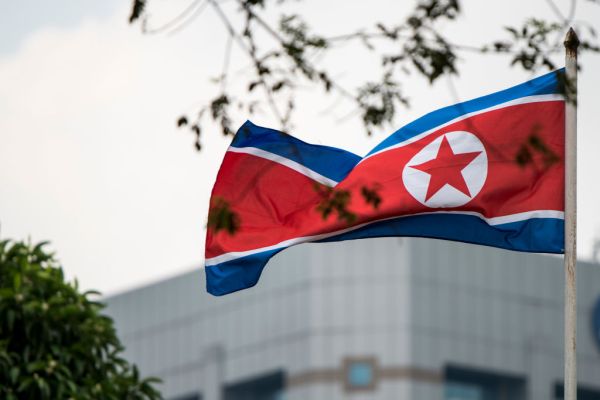Cyprus: Preliminary negotiations
In the 148th paragraph of the report, it says he needs the "inequitably stated preparedness on the part of the leaders of both sides" to "finalize the plan" and "to put it to separate simultaneous referenda as provided for in the plan on a date certain soon thereafter" and he also wants the plan to be "fully and determinedly backed at the highest official level in both motherlands." Moreover, he also wants "to finalize the plan, without reopening its basic principles or essential trade-offs."
Some think this paragraph means that all sides should accept the principle of concluding the negotiations at a prearranged date and to call a referendum on the document. If both sides fail to conclude the negotiations, then Annan will submit the final document to a referendum.
Concluding the negotiations means finalizing an agreement. However, in this context, the date to end the negotiations is very important. In this way, they are violating the main rule in negotiations — "nothing is agreed on until everything is settled," and "main principles" and "mutual sacrifices made by both sides" are not open to negotiation. It doesn’t matter whether these principles were agreed before or not. They seem to be ignoring the fact that broader sacrifices can be made now to replace those narrow ones made in the past. The purpose is to finish the job by applying pressure. That’s why the negotiations will feature discussions on a very narrow area.
Is Annan’s behavior realistic?
The fourth paragraph of U.N. resolution 1475, which the report was a part of, calls on both sides to "use the plan to reach a comprehensive settlement as set forth in paragraphs 144-151 of the secretary-general’s report". In other words, the U.N. Security Council in this resolution does not accept the principles laid out in paragraph 148 of Annan’s report. It even suggests a much looser way to negotiate. It calls for the negotiators to be using the plan. If the Security Council had accepted the astonishing principles set out for the negotiations in the report’s 148th paragraph, it would have openly repeated its decision.
In the third paragraph of the resolution, it is said that the principles concerning the referendum were included in the document on the suggestion of the U.N. secretary-general. This reference to Annan can only be construed as the council not agreeing with the opinions of the secretary-general.
Actually, Annan’s stance is also against U.N. law. Section VI of the Resolution of Conflicts law gives the Security Council the right to propose to the sides "a suitable solution" (article 36) or "ways to solve the issue" (article 37) or if both sides ask for it, to "make general recommendations on possible solutions" (article 38). In other words, according to law, the Security Council, not the U.N. secretary-general, has the right to recommend, not force, both sides on possible ways to reach a solution.
Turkey, for first time since 1959, will try to formulate a national policy to solve the Cyprus issue with the cooperation all state institutions, while there is a chance that Annan, who seems to have incredible authority over the proceedings, in total violation of U.N. laws, will reject it. While negotiating with the Turkish side on how the negotiations could be resumed, Annan will act like one of the sides. He will call the Turkish government to go back and produce a more suitable national consensus. Prime Minister Erdogan will return to Turkey to again discuss a suitable national policy with all relevant institutions. Is that what is going to happen?
I believe Mr. Secretary-General does not want to carry the historical responsibility for failing to solve the Cyprus issue.

